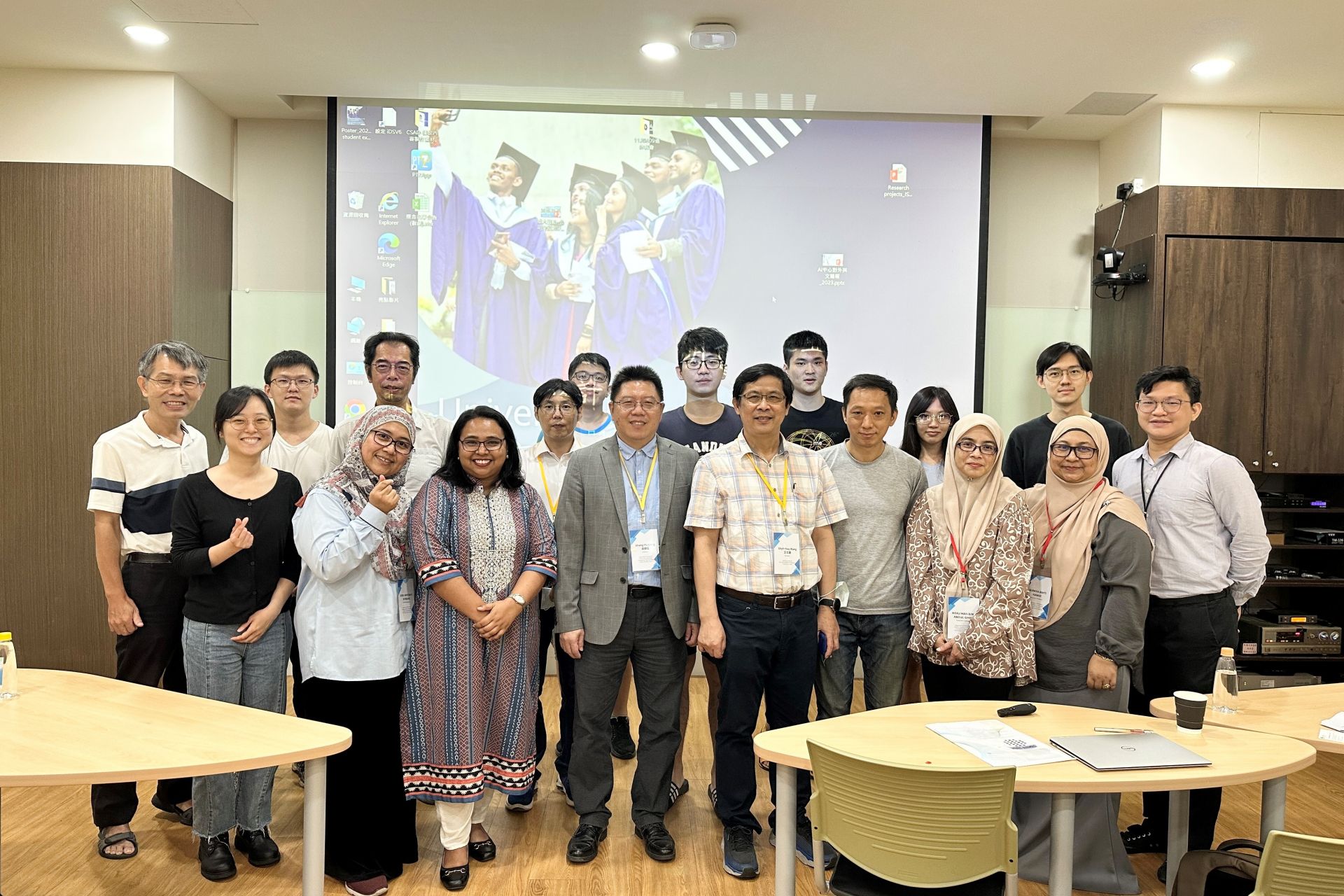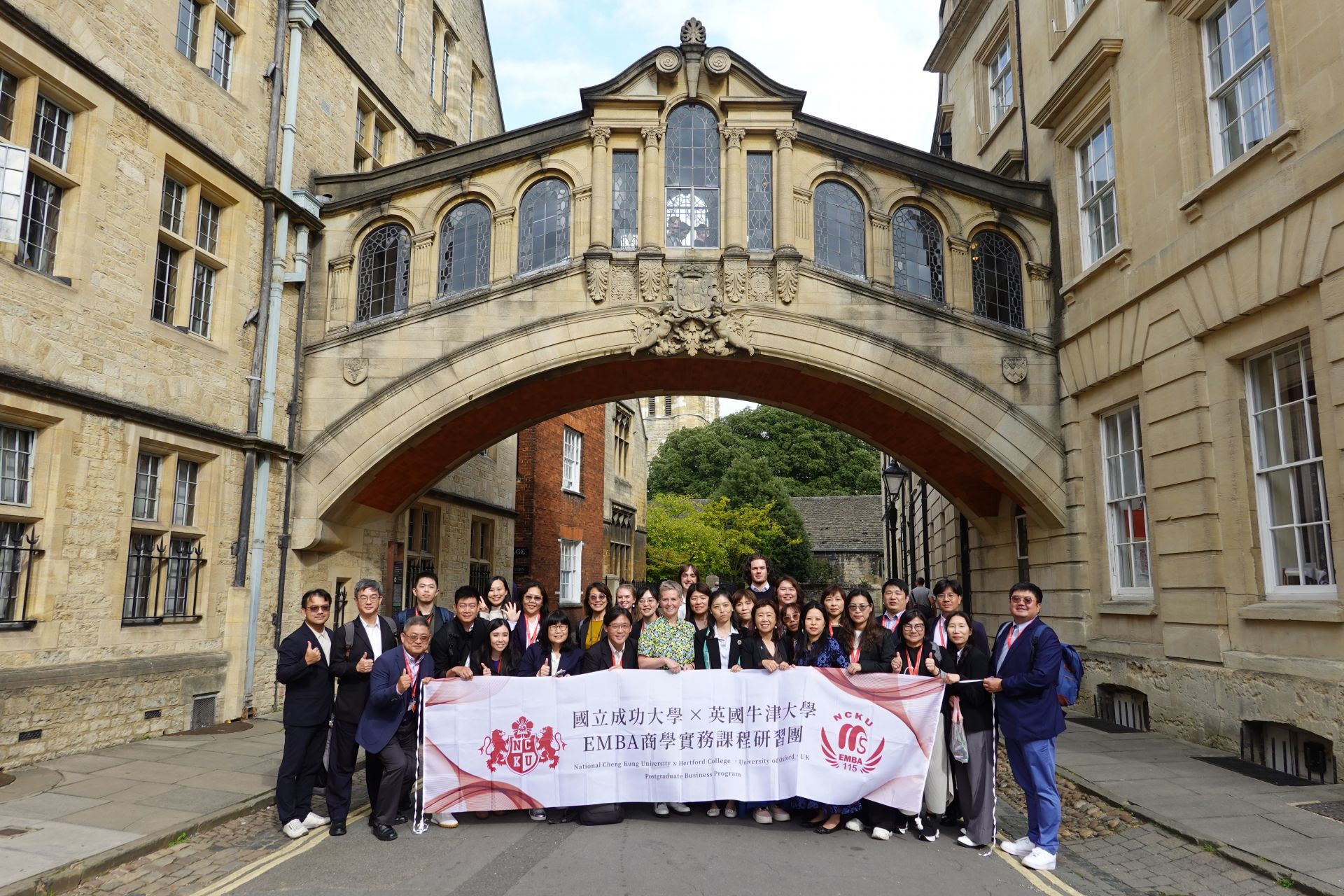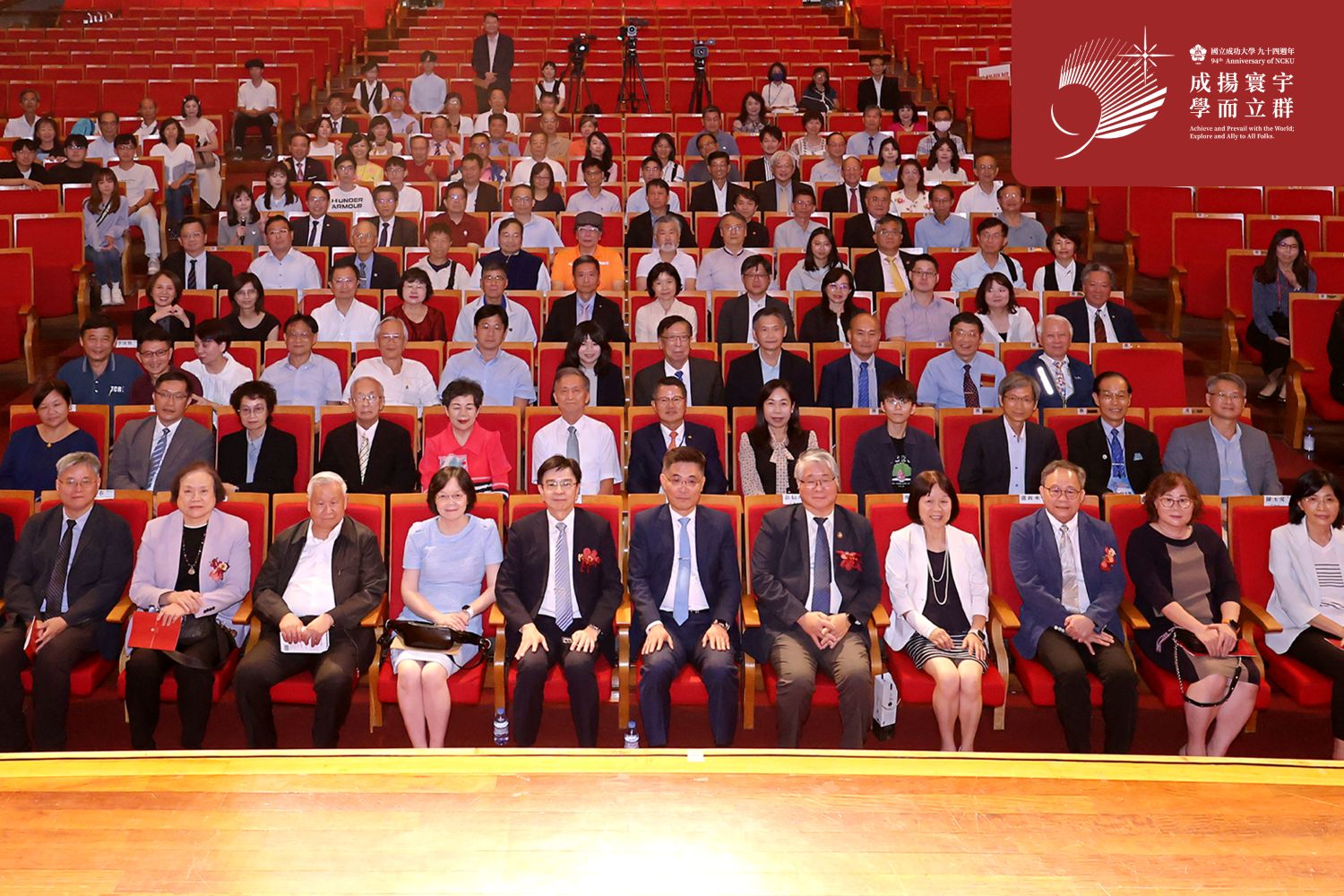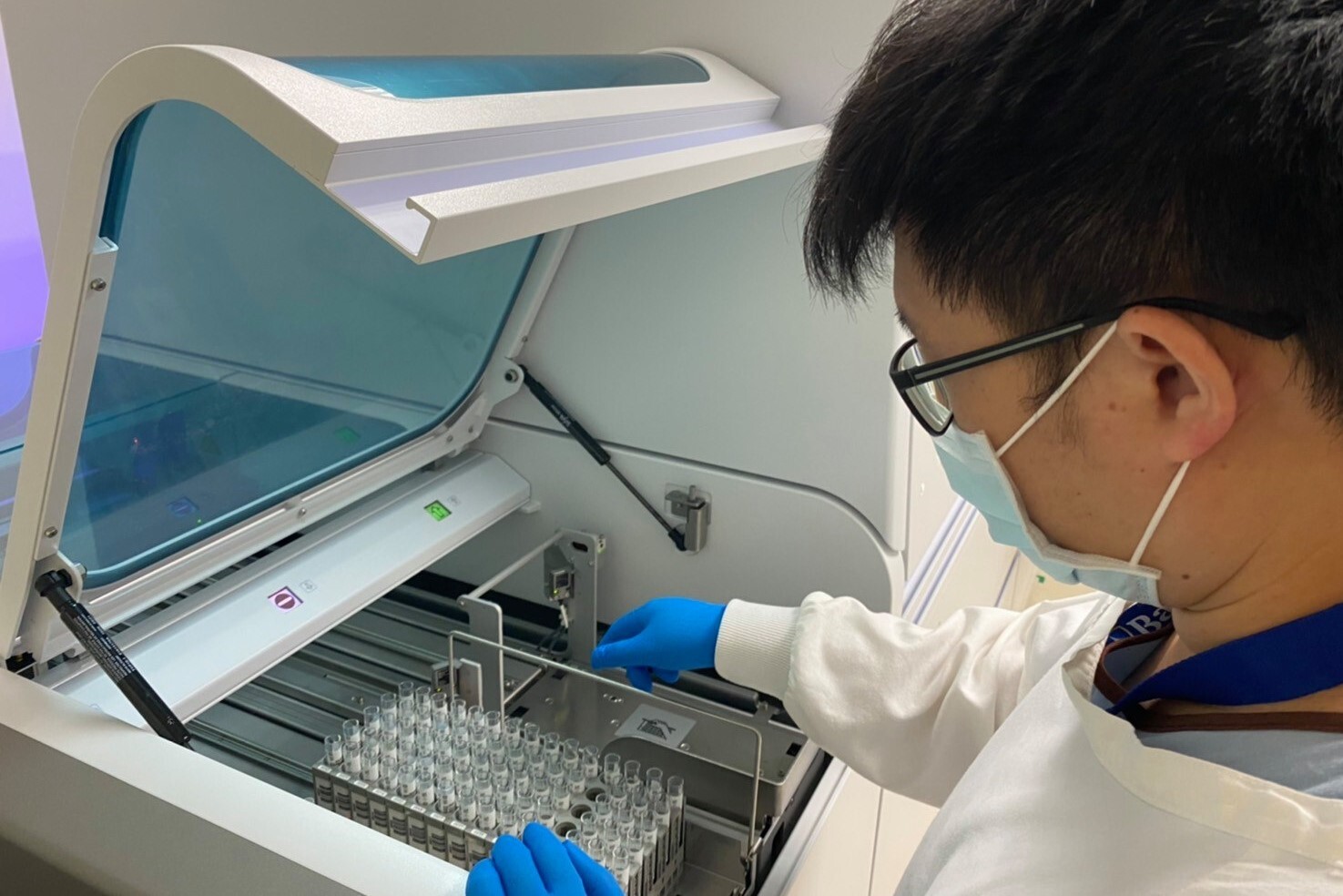National Science and Technology Council (NSTC) established Research Center for Epidemic Prevention Science (RCEPS) last year, combining efforts between National Cheng Kung University (NCKU), National Taiwan University (NTU), National Yang Ming Chiao Tung University (NYCU), Chang Gung University (CGU), and National Defense Medical Center (NDMC) to participate in anti-epidemic researches of COVID-19. Research results for one year were disclosed on Aug. 25th and NCKU’s research team developed an AI image auto-interpretation system for COVID-19, which can distinguish whether a patient is infected in 1 sec. and has an accuracy of 90%.
NCKU’ s president, Huey-Jen Su, stated that there are three research objectives during the epidemic, including epidemic prevention IoT method for remote physiological monitoring and indoor positioning(醫院遠距生理訊號與室內定位監測防疫物聯法), mobile smart specimen collection & laboratory station(移動式智慧採檢暨實驗屋), and AI image auto-interpretation system of COVID-19.
NSTC's minister states that the establishment of NSTC was in the middle of last year, and the research results this time not only make use of virus testing technology but also bring in AI, 5G and IoT to enhance quality of monitoring, prevention, testing, cure and contactless care of COVID-19. These can improve the anti-epidemic work in Taiwan and furthermore may spawn novel precision healthcare industries in Taiwan.
Most anti-epidemic research results or applications of these five university's teams employ AI, big data, cloud technologies and IoT to develop various smart anti-epidemic applications. During the epidemic period, epidemic prevention workers in group quarantine or group care facilities need to know whether residents are in their own room. Also, monitoring of residents' health conditions is important and has to be concerned at any time.
NCKU' s team came up with a novel solution to combine epidemic prevention with IoT and created a physiological monitoring epidemic prevention platform. Cooperating with a smart bracelet, the system can track residents' health information such as body temperature, heart beats, and changes of blood oxygen levels instantly. Xinhua group quarantine facility utilized this system and once an abnormal signal is detected the system will raise the alarm, so that nursing staff can react immediately.
Besides, NCKU’ s team created a mobile smart specimen collection & laboratory station (移動式智慧採檢暨實驗屋) to achieve the goal of contactless specimen collection, and also improve efficiency with AI technology. For instance, an x-ray examination assisted by an AI image interpretation system makes doctors diagnose more efficiently. It only takes 4 to 6 hours to obtain the result, which is faster than PCR testing. Furthermore, the laboratory station has good mobility. NCKU hospital started to apply it two months ago.
NCKU’ s president, Huey-Jen Su, stated that there are three research objectives during the epidemic, including epidemic prevention IoT method for remote physiological monitoring and indoor positioning(醫院遠距生理訊號與室內定位監測防疫物聯法), mobile smart specimen collection & laboratory station(移動式智慧採檢暨實驗屋), and AI image auto-interpretation system of COVID-19.
NSTC's minister states that the establishment of NSTC was in the middle of last year, and the research results this time not only make use of virus testing technology but also bring in AI, 5G and IoT to enhance quality of monitoring, prevention, testing, cure and contactless care of COVID-19. These can improve the anti-epidemic work in Taiwan and furthermore may spawn novel precision healthcare industries in Taiwan.
Most anti-epidemic research results or applications of these five university's teams employ AI, big data, cloud technologies and IoT to develop various smart anti-epidemic applications. During the epidemic period, epidemic prevention workers in group quarantine or group care facilities need to know whether residents are in their own room. Also, monitoring of residents' health conditions is important and has to be concerned at any time.
NCKU' s team came up with a novel solution to combine epidemic prevention with IoT and created a physiological monitoring epidemic prevention platform. Cooperating with a smart bracelet, the system can track residents' health information such as body temperature, heart beats, and changes of blood oxygen levels instantly. Xinhua group quarantine facility utilized this system and once an abnormal signal is detected the system will raise the alarm, so that nursing staff can react immediately.
Besides, NCKU’ s team created a mobile smart specimen collection & laboratory station (移動式智慧採檢暨實驗屋) to achieve the goal of contactless specimen collection, and also improve efficiency with AI technology. For instance, an x-ray examination assisted by an AI image interpretation system makes doctors diagnose more efficiently. It only takes 4 to 6 hours to obtain the result, which is faster than PCR testing. Furthermore, the laboratory station has good mobility. NCKU hospital started to apply it two months ago.

SDG17NCKU and the University of Malaya collaborate on AI technology development and the New Southbound Policy
View more
SDG17NCKU EMBA Enhances Learning Through Overseas Teaching at Hertford College, University of Oxford
View more




















